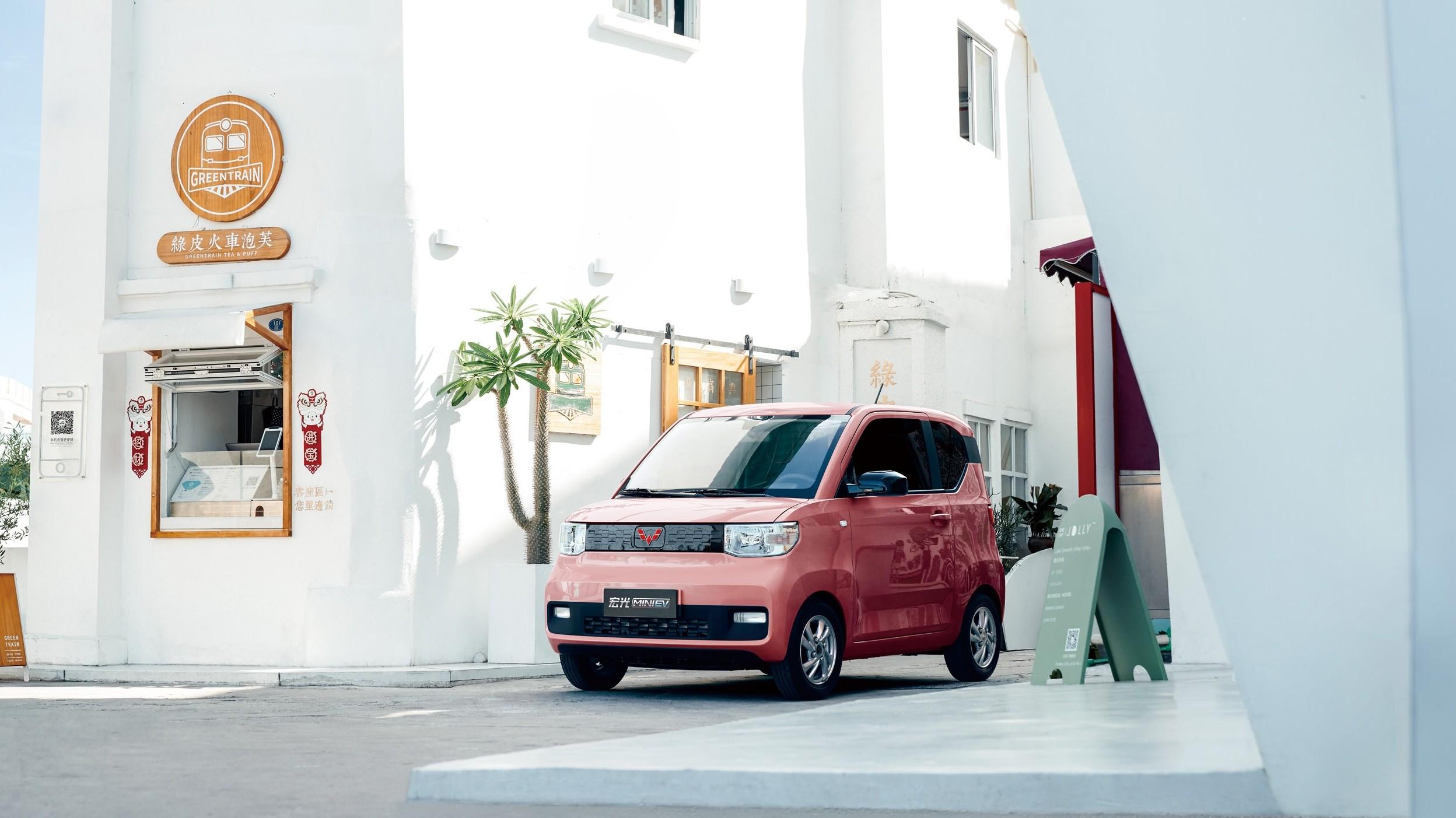China Is Eager To Grow EVs And Here Is The Adorable Car Leading The Way
China is the world's largest car market and it has some tricks up its sleeve to entice people to go electric. As EVs make their inroads, the little Wuling Hong Guang MINI EV is leading the way.
We've mentioned this car a few times in the past, but it's made some amazing progress. It was developed by General Motors, Wuling Motors and state-sponsored SAIC Motor. Not only did Wuling sling 15,000 units in only its first 20 days on the market, but it's currently beating Tesla Model 3 sales almost two to one, InsideEVs reports.
The reason the little Hong Guang MINI EV is beating the Tesla Model 3 is simple: It's dirt cheap.
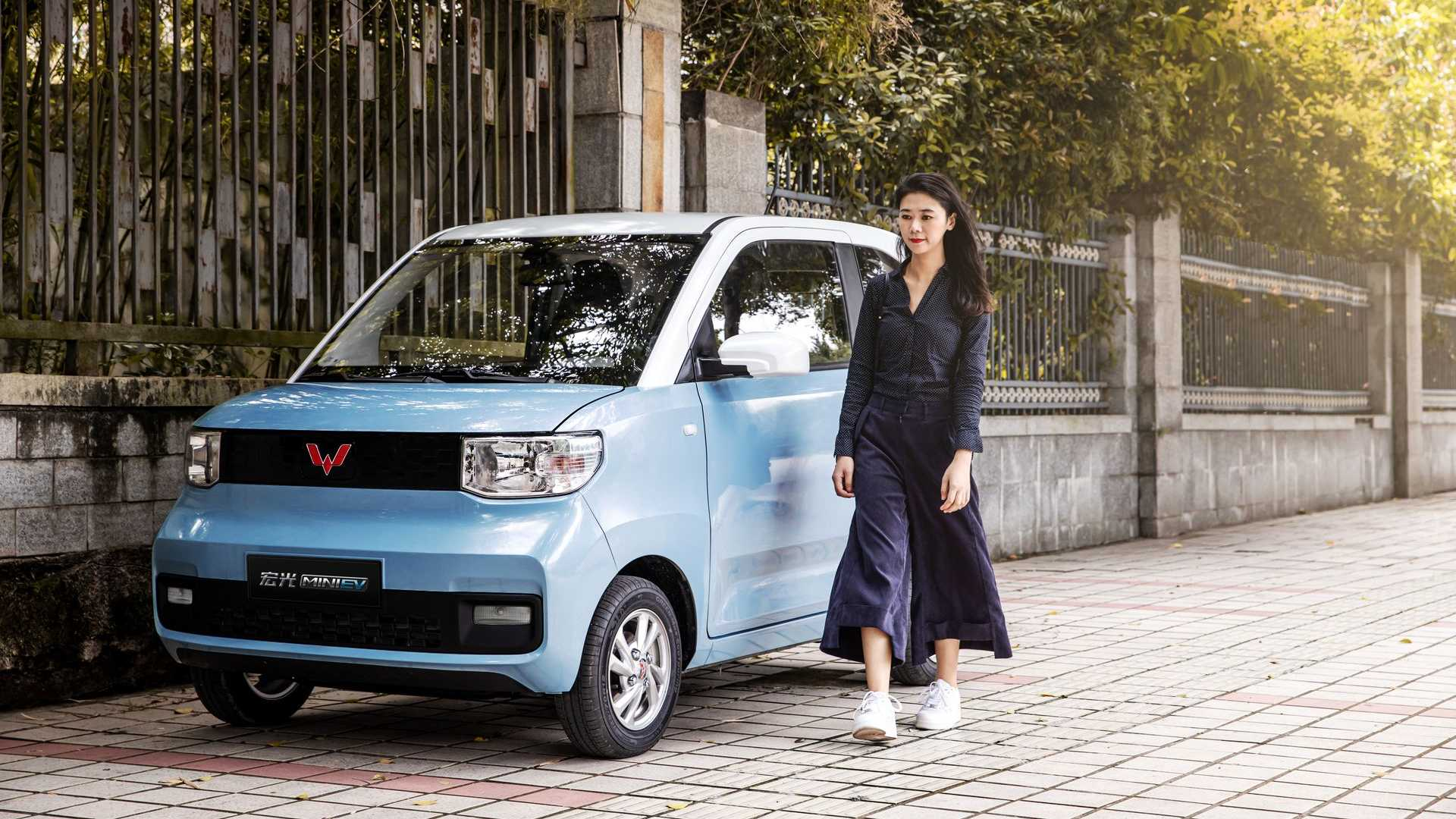
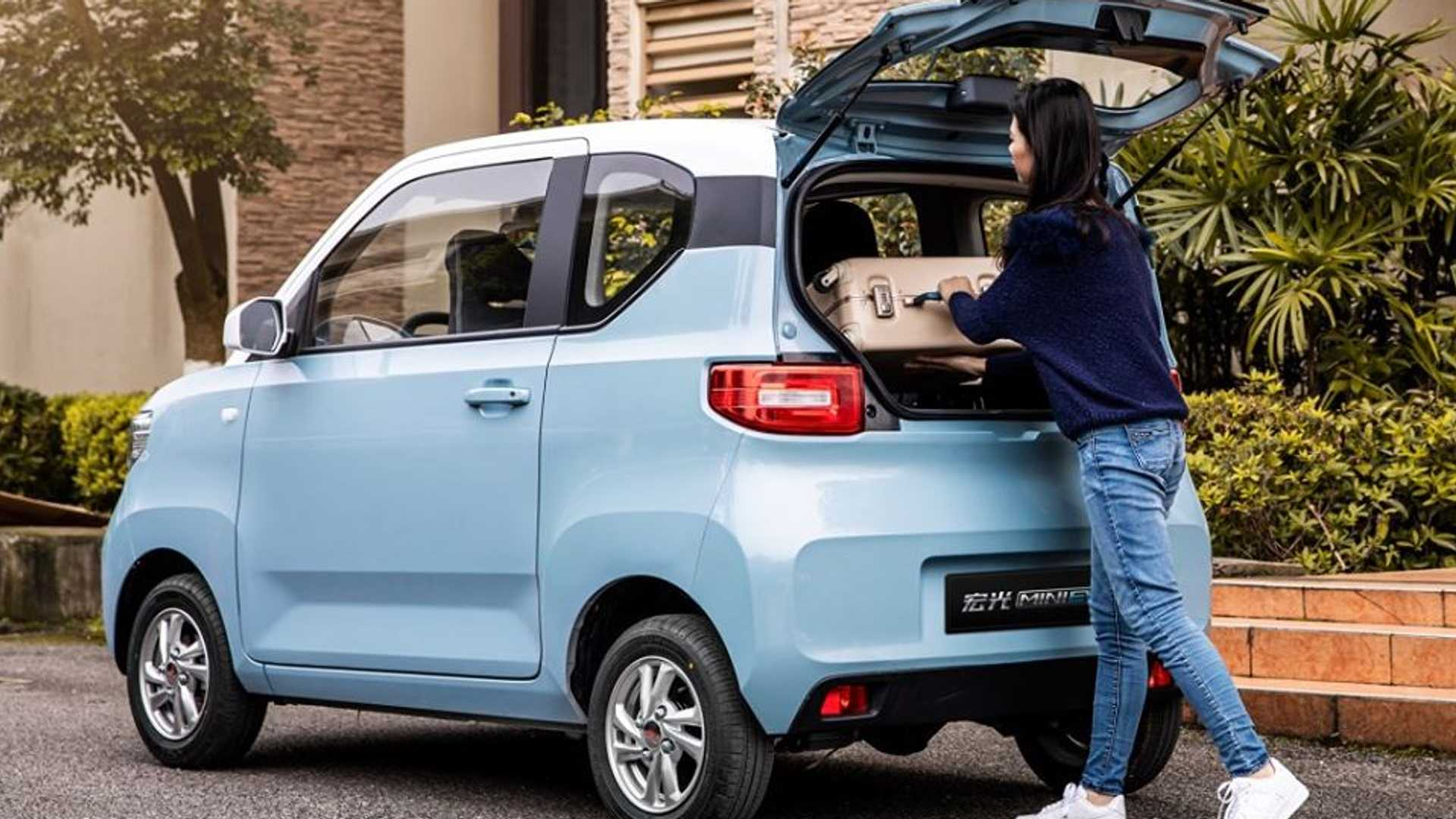
The car costs around $4,400, compared with the $38,000 that a Tesla Model 3 costs in China at current exchange rates. According to Statista, the average person in China makes $13,900 a year. So an incredibly cheap, bare-bones city car makes a lot of sense.
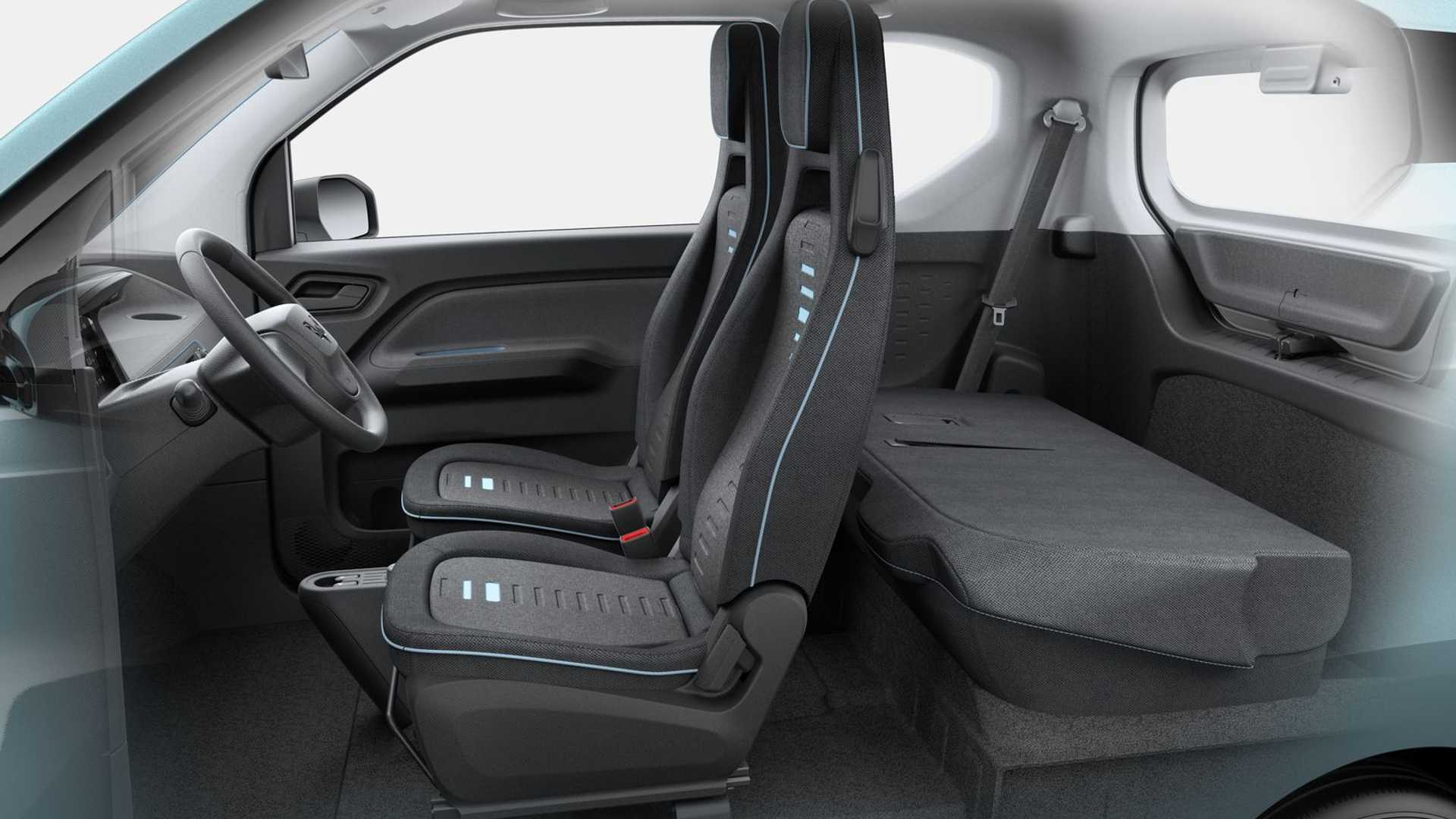
The Hong Guang MINI EV has a top speed of about 62 mph, seats four and looks like a Japanese kei car. Onboard is a 9.3 kWh or 13.5 kWh lithium-ion battery pack good for 75 or 105 miles, respectively.
Check out this review from the Wheelsboy YouTube channel:
Despite its cheap price, it also comes with a suite of handy features like radar for reversing, antilock brakes and a tire pressure monitoring system. You don't get airbags, and the passenger doesn't even get a seatbelt reminder.
That's actually not too bad for the price of four Changlis. Unfortunately, Wheelsboy says you'll never forget how cheap it is.
There is no crash test data for the charming car, but GM says that 57 percent of the car's body consists of high-strength steel.
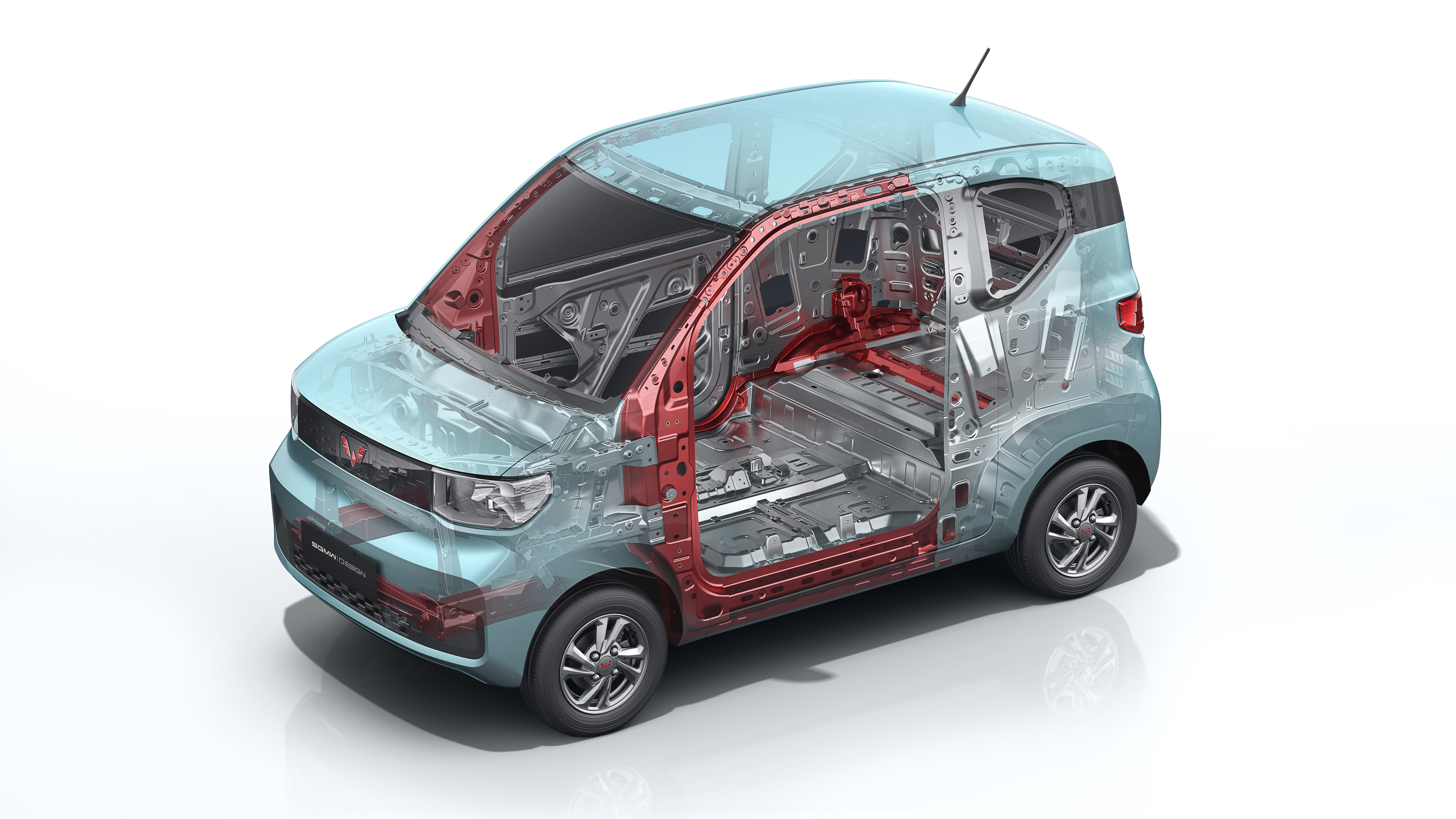
To further aid in the adoption of EVs, the Chinese government has announced measures to boost sales, from Automotive News:
The government will encourage "steady increases" on spending on cars and "abolish excessive restrictions" on the sale of used vehicles, Premier Li Keqiang told the National People's Congress in Beijing on Friday.
More car parks, EV charging stations and battery-swapping facilities will be built, and battery recycling systems developed at a faster pace, Li said.
[...]
Chinese government incentives include extending subsidies on NEV purchases, expediting a clear-out of older polluting vehicles, reducing taxes on used-car dealers and promoting electric-car sales in rural areas.
Car sales in China saw astounding growth until 2018, when sales dipped for the first time since the 1990s. The China Association of Automobile Manufacturers expects sales to rise for the first time in three years, as it projects 27.2 million units to be sold in the country.
I'd love to get my hands on one of these cars, but we aren't likely to see these here for a long time, if ever. The enchanting little thing looks like loads of fun!
